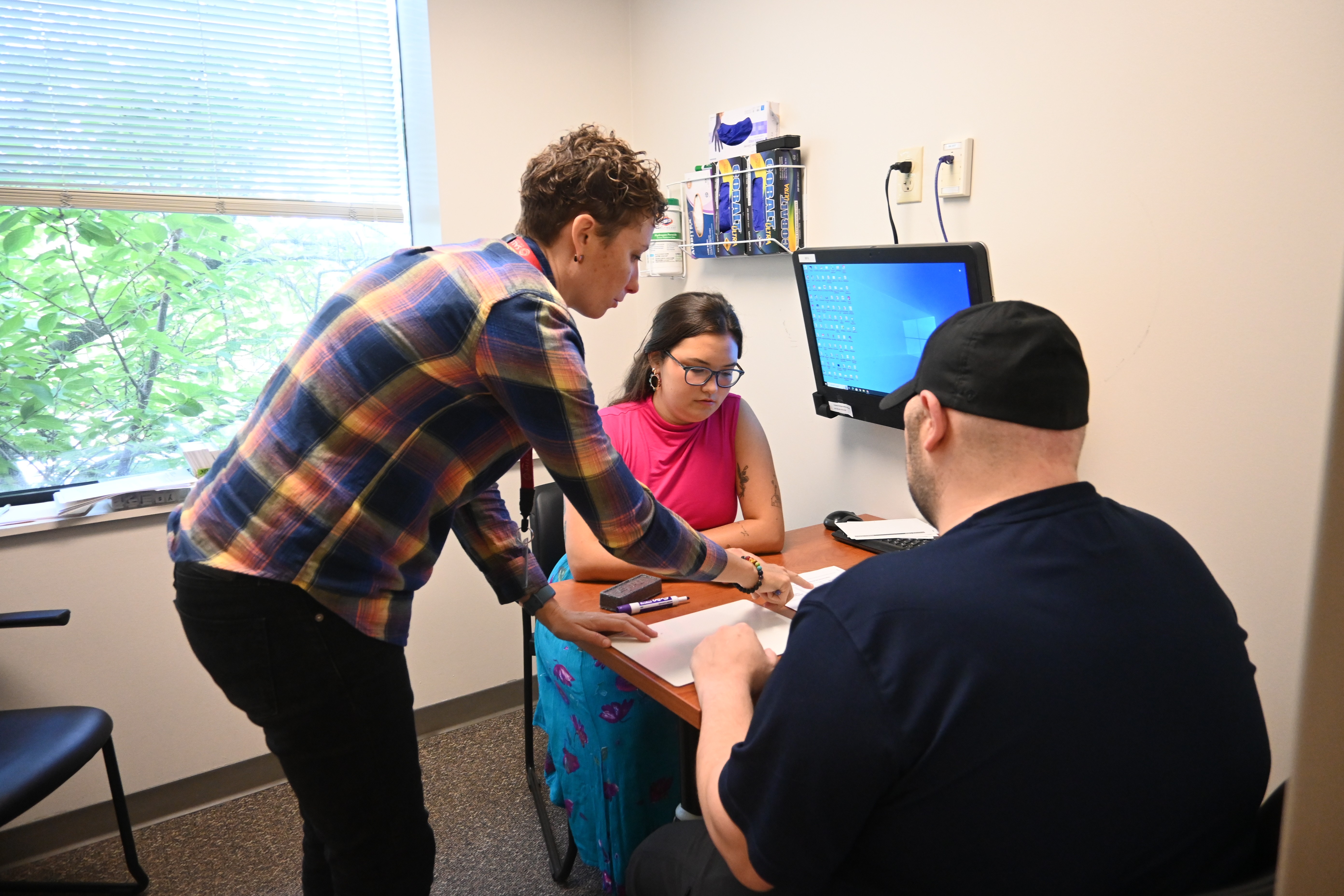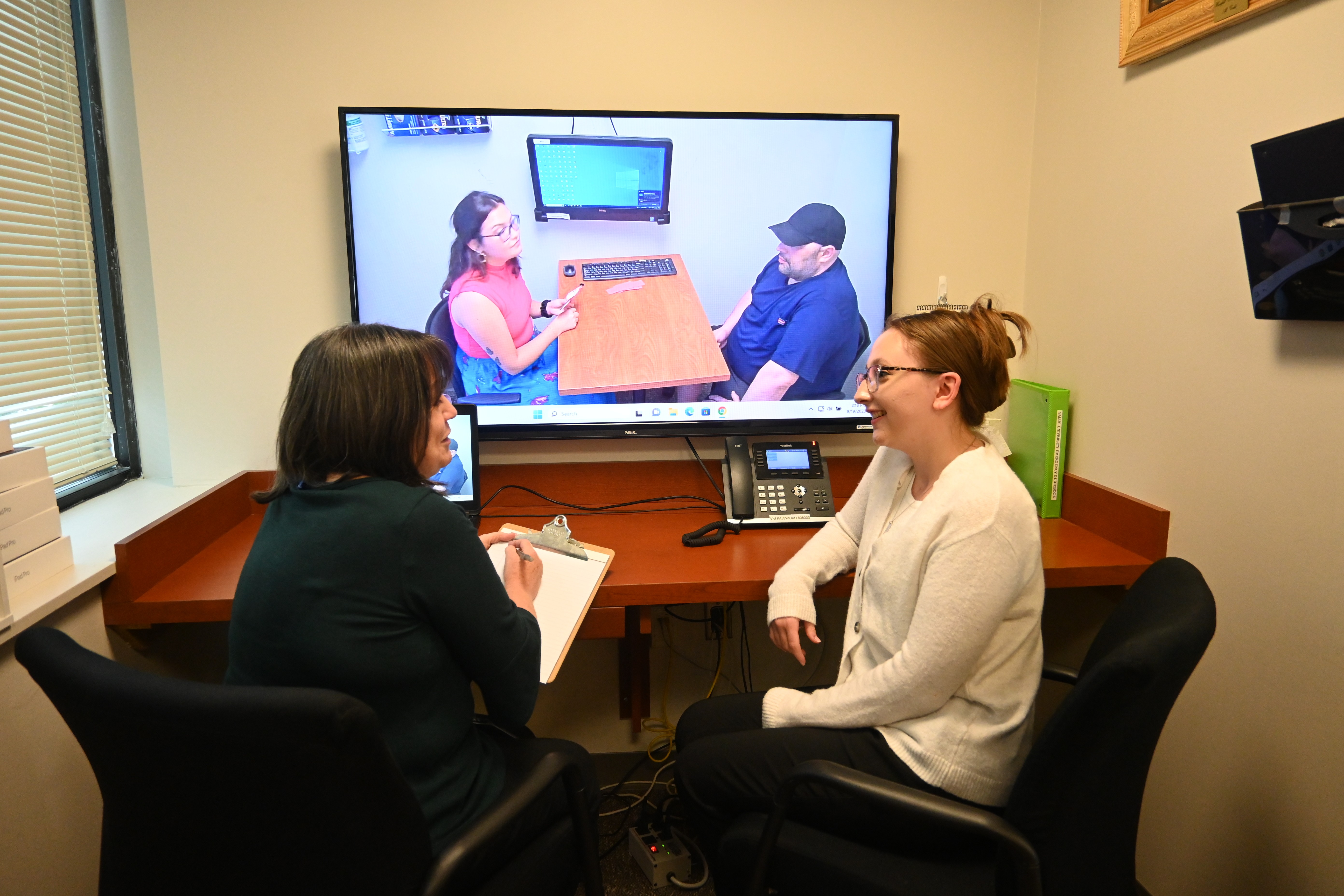Early Intervention and Appropriate Therapy to Treat Voice Disorders
Voice disorders can significantly impact an individual’s ability to effectively communicate and diminish their quality of life, but with early intervention and appropriate therapy, many people can experience significant improvements in vocal function and communication.
According to the American Speech-Language-Hearing Association (ASHA), a voice disorder can be present when an individual perceived their voice as abnormal and inadequate for daily communication needs. .
 According to Anne Ruckdeschel, MA, CCC-SLP, CBIS, a speech-language pathologist at the Speech-Language Institute (SLI), the causes of disorders fall into three categories, which are:
According to Anne Ruckdeschel, MA, CCC-SLP, CBIS, a speech-language pathologist at the Speech-Language Institute (SLI), the causes of disorders fall into three categories, which are:
- Structural, meaning there is a structural issue with the anatomy involved in the production of the voice - this can be an abnormal growth, loss of muscle mass, etc.
- Neurological, meaning something has occurred that has impacted the nerves that innervate and control your voice box and the structures that support it.
- Functional, meaning that while the integrity of anatomy structure is intact, a person’s use or ability to use them is problematic.
The most effective way to lower the risk of voice disorders is to take care of your voice. “As with any bodily condition, the overall health of a person can directly relate to the health of their voice,” said Ruckdeschel. “We, as speech-language pathologists, often provide education to our clients regarding care for the voice.”
This ‘care’ typically includes discussion around hydration, overuse, misuse, and or reducing any behaviors that may cause trauma to the vocal cords (e.g. screaming, chronic throat clearing, etc.)
“It’s also important to treat any underlying conditions such as gastrointestinal reflux diseases impacting lung function as they can have a direct impact on the health and efficiency of voicing,” she said.
 She emphasized the importance of SLPs being respectful and inclusive toward those with and without voice disorders.
She emphasized the importance of SLPs being respectful and inclusive toward those with and without voice disorders.
“To be inclusive, set aside any judgment or expectation surrounding what a person ‘should’ sound like based on their physical presentation,” said Ruckdeschel. “If you know someone has difficulty using their voice, ask if there’s anything you can do to support effective communication.”
She recommended speaking in a quieter setting, avoiding the use of pollutants (such as cigarettes or vapes), providing extra time and allowance for rest breaks, and ensuring eye contact can be helpful to both the listener and speaker in the communication process.
Experts at SLI can offer a comprehensive array of services related to assessments and treatments for voice disorders. For more information, call 215.780.3150.